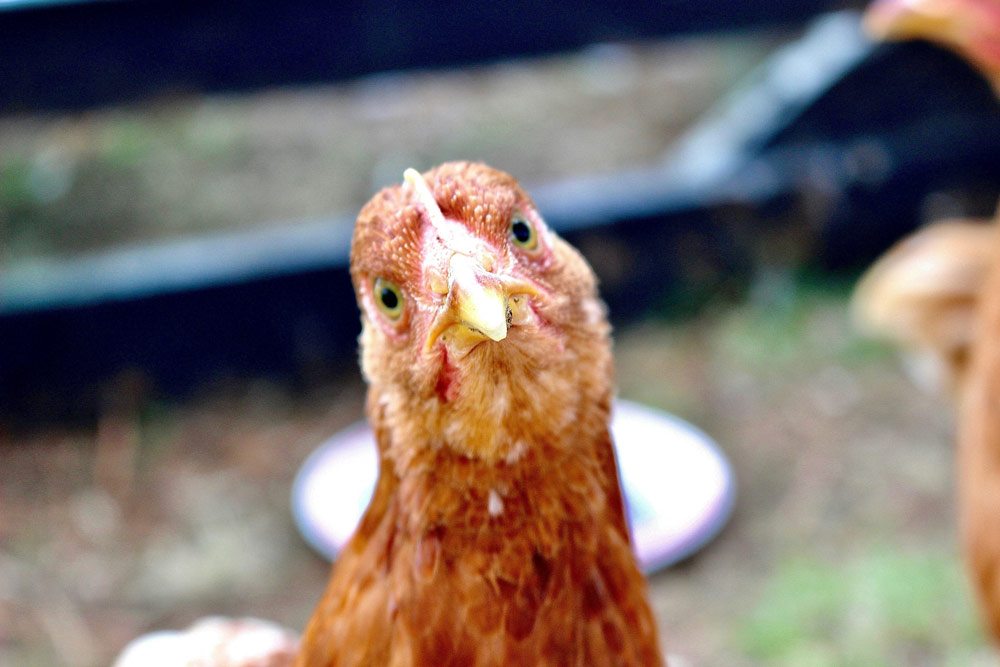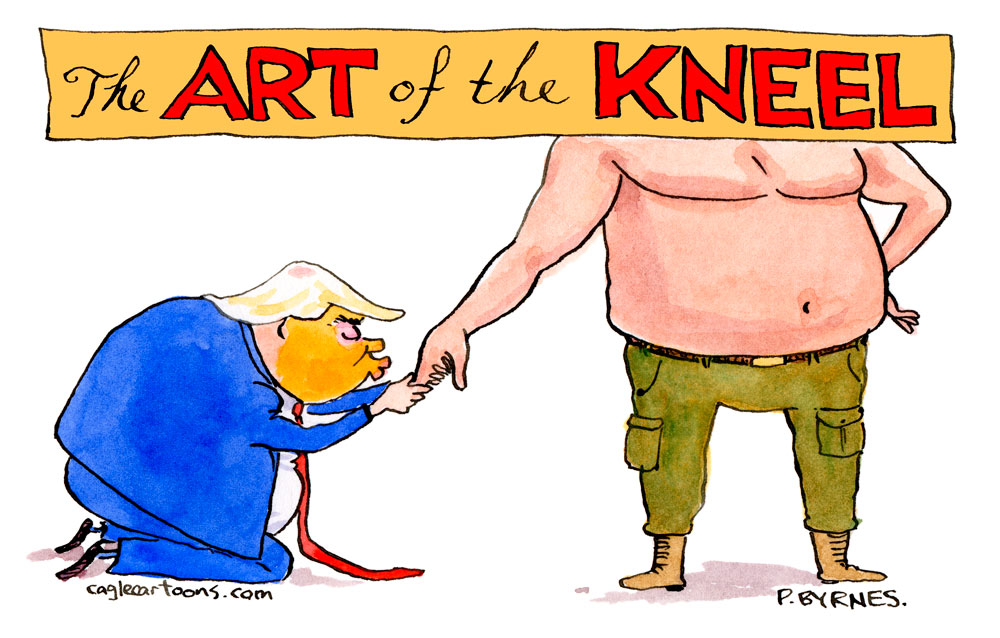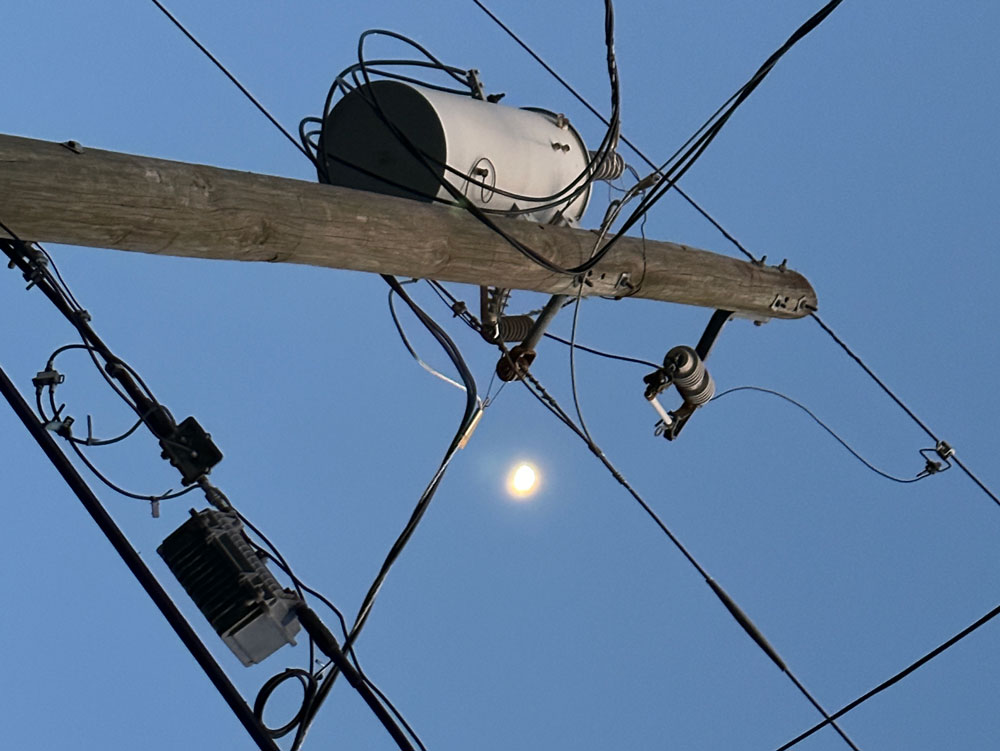A chicken coop might be arriving in your backyard if you live in Palm Coast.
50 people will be allowed to keep up to four chickens per backyard coop under a test program that the city inaugurated today. The $50 permit will be given out on a first-come, first-served basis and is good for two years.
Residents of single-family, homesteaded homes are the only ones eligible for the program. This implies that people who live in neighborhoods under homeowner association administration are not qualified. Neither are people who live in duplexes or apartments. Renters aren’t either. Neither are roosters.
Supported by Council member Theresa Pontieri, the initiative aims to more realistically recognize that there are undocumented chickens out there anyway, that they are beneficial, that they are not nearly as dangerous and noisy as prejudice suggests, and that they might as well be regulated to allow more people to raise and enjoy chickens and their products.
In May, Pontieri informed her council colleagues, “I don’t know about you all, but I know a lot of people that have chickens now.” Even though I’ve lived on my block for more than two years, I didn’t realize anyone had hens until the other day. To be clear, I haven’t heard any indignation, thus I don’t think that the fury that some people have expressed is justified. However, I do believe that some people have exaggerated their concerns over the presence of chickens in the past.
A site plan drawing of the planned chicken coop that includes landscape screening to keep the birds safe from predators must be submitted to the city by anyone interested in taking part in the pilot program. The coop can’t be higher than six feet or more than 100 square feet. Coops are not inexpensive. Council members were shown coops that ranged in price from hundreds to $1,000 in 2023.
There are strict placement requirements: the coop must be in the backyard, at least 7.5 feet from any property lines. The manure collection bin is 20 feet away. The coop is not permitted to be on any easement on corner lots, and it must be behind the house’s street-side facade so that it is not visible from the street.
Additionally, residents must finish a course in chicken care and raising offered by the University of Florida Agriculture Extension Service or other comparable organizations.
Chicken killing is prohibited, and although eggs can be shared with friends, family, and neighbors, they cannot be sold.
Good-standing residents with current licenses will be permitted to keep their animals when the pilot program ends, but not to add more until the animals pass away, providing the council decides not extend or renew it. The lifespan of a hen is six to eight years.
“I do believe that we could very easily allow people to have backyard chickens without encroaching on their neighbors’ enjoyment of their own properties if we were to engage in some reasonable regulations,” Pontieri said.
Dave Sullivan, a council member, was sure that it wouldn’t lead to a chicken on every lot situation, so he made sure that the required allusion to the most well-known line from Herbert Hoover’s 1928 presidential campaign was made. The expression is consistently misattributed. It started with a flyer published by the Republican Business Men Inc., a political action group.Details can be found here.)
There are a few agricultural zoning districts in the city where chickens are permitted with much fewer restrictions.
The initiative to raise chickens in the backyard gained momentum in recent years, particularly during the Covid epidemic. In 2023, when just 25 licenses would have been awarded, the city was on the verge of implementing a trial program, but the municipal council at the time objected at the last minute. All four of the council members who were against the plan in one way or another have left.
Pontieri, the lone survivor, was also the only one who firmly supported the concept. She requested that it be returned to the council. “We are making policies and regulating, but we are not going beyond our authority as a government,” she stated. Why we wouldn’t permit backyard chickens is beyond me.
When Barbara Grossman, the city’s code enforcement manager, last proposed the idea in mid-May, she summed up the advantages of backyard chickens: increased self-sufficiency, high-quality eggs, decreased lawn pests, no chemicals or pesticides, healthier and better-tasting eggs, cost savings, and a more active lifestyle. The project has also gained traction as a result of the rise of avian flu in commercial farms and the ensuing rise in egg prices.
Charles Gambaro, a council member, stated that he reared chickens as a child and that there were many more than simply four. In this instance, he was only worried about establishing some fundamental ground rules. He promoted self-regulation.
Therefore, the council supported the idea more unanimously this time. It was intended to be for 20 permits when Grossman first proposed the concept in May. They gladly expanded the permit count to fifty. The two-year pilot program persisted despite Pontieri’s desire to restrict it to a year.
I owned chickens. I adore chickens. I had three. Sheila Hines, a Palm Coast resident of 30 years, admitted to the council that she had raised undocumented children and said, “They’re no problem.” I would go out and get these lovely eggs every morning. It was an amazing thing. The coyote then discovered them. I went to feed them at 6:30. They left at 8:30. Somewhere they were in a pot. I will, however, purchase additional chickens. And you’d be shocked, I bet. I’d venture to say that hundreds of people in Palm Coast own hens. The $50 fee was her only complaint.
According to a B-Section homeowner who spoke to the council, our family’s hens are cherished pets that are vital to our kids’ mental and physical well-being rather than being farm animals. Her kid, who has struggled emotionally due to bullying at school, has found solace in the family’s poultry.
![]()
The program:











